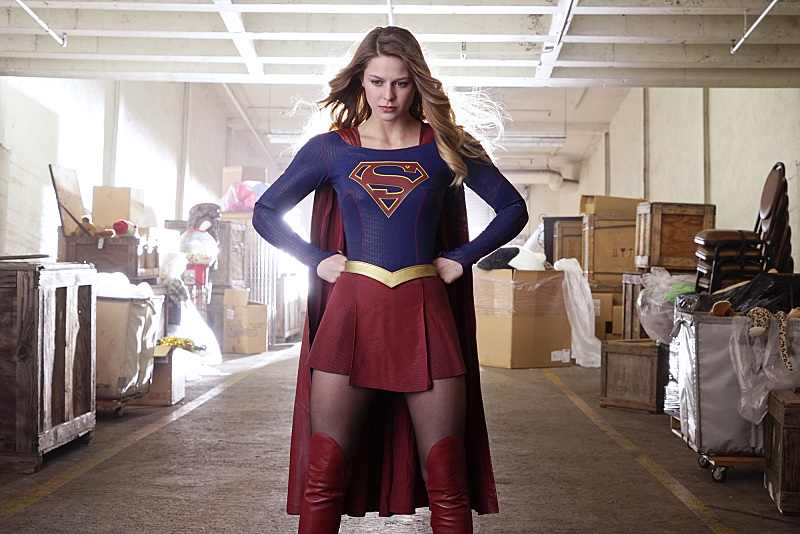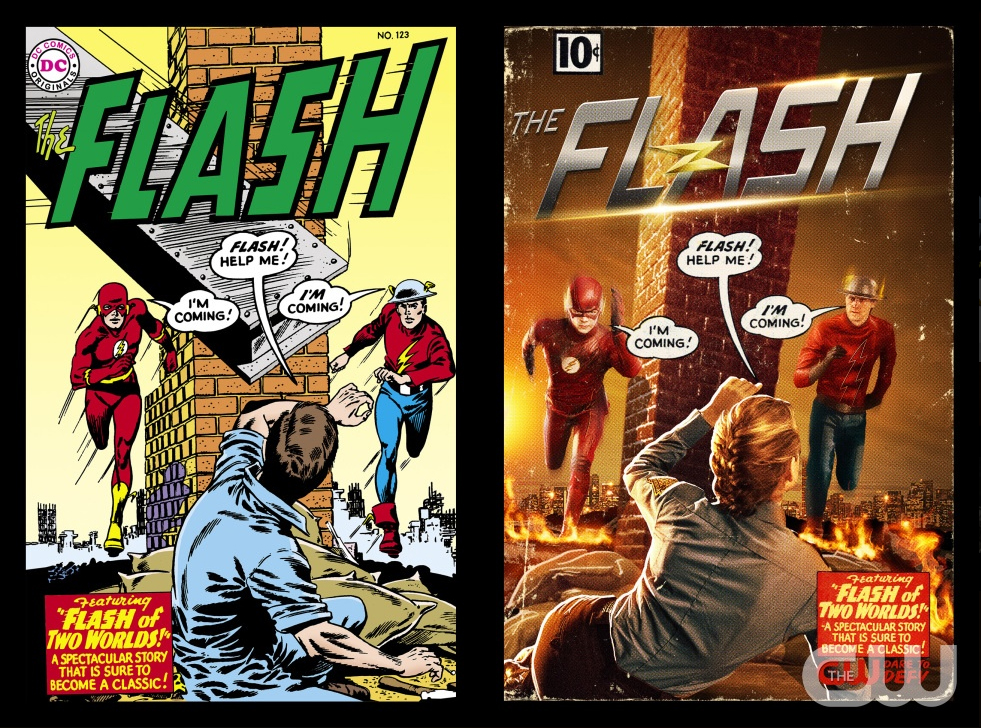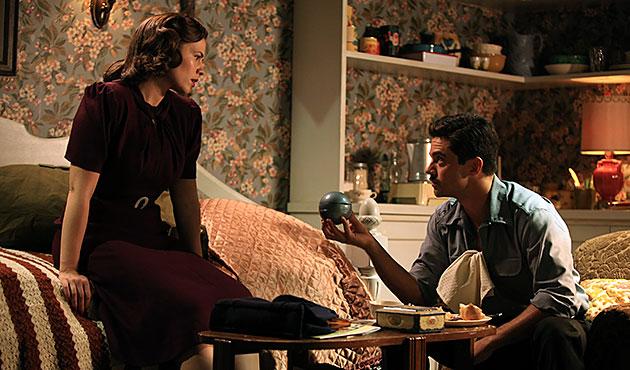Round Table: Orson Scott Card Can Write Superman; You Don’t Have To Buy It

The discussion held today at Comic Book Round Table in NYC centered around the current boycott of a Superman story written by controversial anti-gay activist and Ender’s Game scribe Orson Scott Card by marriage equality activists. The two-hour panel touched on the rights of an artist to work regardless of political affiliation, the rights of the consumer to boycott products that are not in their best interests and the state of diversity of the mainstream comic book industry.
Sitting on the panel were Joseph Phillip Illidge (former Batman and Milestone Media editor), Paul Kupperberg (Life With Archie and Kevin Keller writer), Jeff Trexler (The Beat), Danny Fingeroth (The Stan Lee Universe), Adam Dekraker (former DC artist and currently on the web-comic The Young Protectors) with a special appearance by David Gerrold (writer of “The Trouble With Tribbles”) via Skype from LA. The panel was moderated by former Star Trek novel editor John Ordover.
Gerrold’s been an outspoken supporter of the Card boycott on Facebook in the last few months. He wanted to make his position clear: it is Card’s right to express his opinion in regards to gay marriage; it is also well within Gerrold’s right as a consumer to not purchase a product that would pay an author who actively supports to suppress what he believes to be his civil rights. This stance seemed to be a source of agreement by the rest of the panel as well.
Another issue that was brought up was whether Card had been victim of a blacklist. The consensus was that the boycott wasn’t a blacklist. A blacklist was defined as when a specific industry decides not to hire a person based on a specific trait (such as the McCarthy blacklist of the 1950’s). What happened in Card’s case was a boycott, comparable to what happened to Anita Bryant by the Gay activist community of the seventies. However, Illidge brought up the point that the comic book industry has been practicing a soft blacklist for years in that the majority of those behind the scenes at the major comics publishers are white, male and straight-identified.
Many other additional issues arose in the engaging and opinionated discussion that followed. Trexler is a lawyer, and focused on the legalities surrounding the boycott. It is against the law for DC to request that Card apologize for his views, because Card would then be a victim of religious discrimination. Card is a Mormon, which is the basis for his anti gay marriage stance.
It was also agreed on that viewing Superman as a character was unhelpful to the conversation. Superman is owned by Time-Warner, and thus should be looked at as a very very valuable piece of intellectual property. Time Warner and DC Comics’ protectiveness surrounding the Superman brand forces them to make conservative choices when it comes to the diversity of writers and artists who are hired to work on Superman. It was suggested that maybe the boycott was a way to greater highlight the lack of variety of the people working behind the scenes in the industry.
This led to a larger discussion about the lack of creativity in DC Comics’ hiring practices and what can be done to change the current homogenous state of the industry. Illidge felt that everybody will buy entertainment aimed at the white majority, but not everyone will buy entertainment aimed at other groups of people. He then suggested that the real way to create change in the industry is to withhold money from those publishers that are not truly meeting the needs for a more diverse industry.
It appears that the Card boycott is a case of that happening and seems to have worked. The Card Superman story was put on hold after artist Chris Sprouse departed from the project due to the boycott. Whether this results in further changes within DC Comics remains to be seen.




